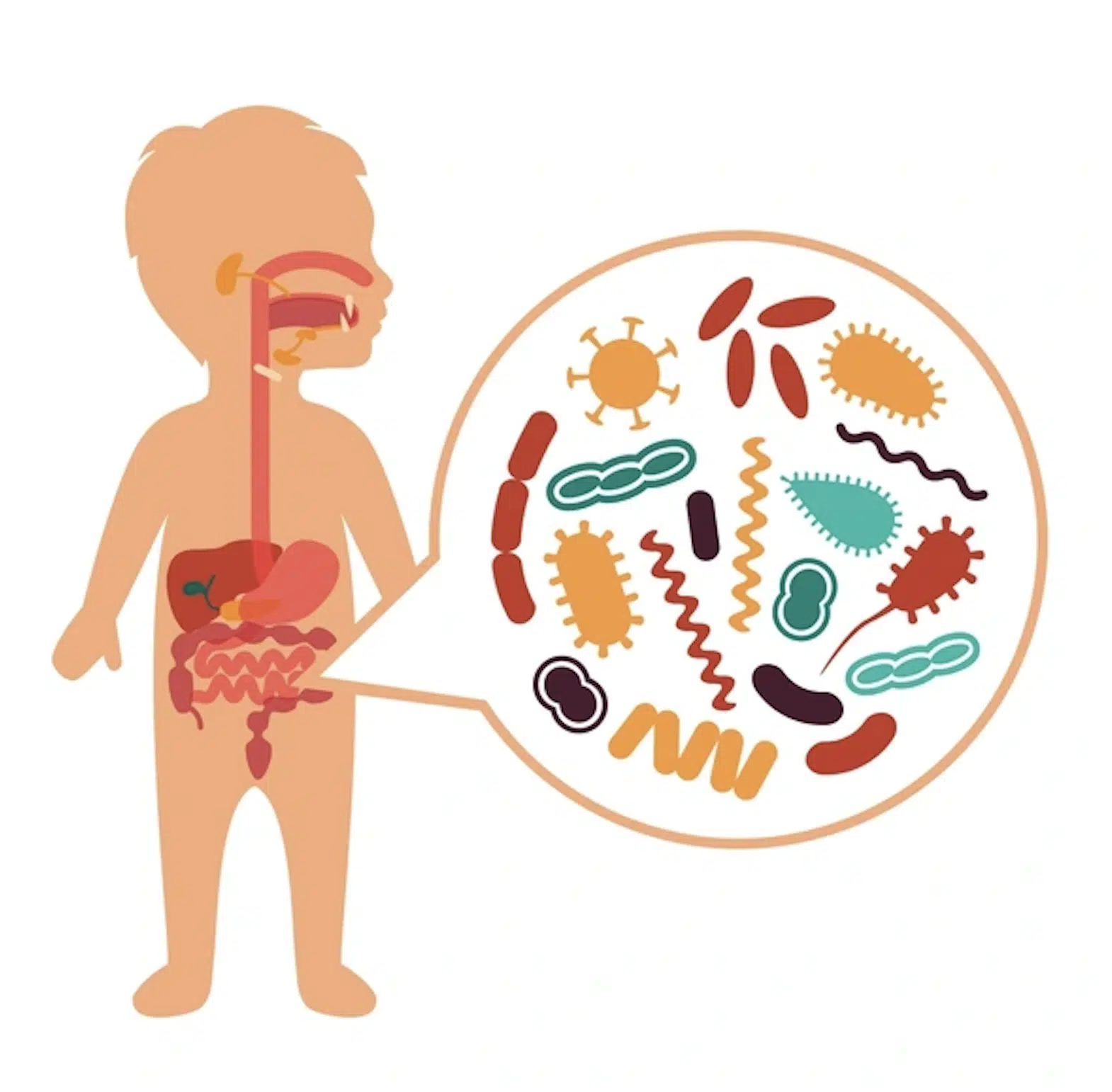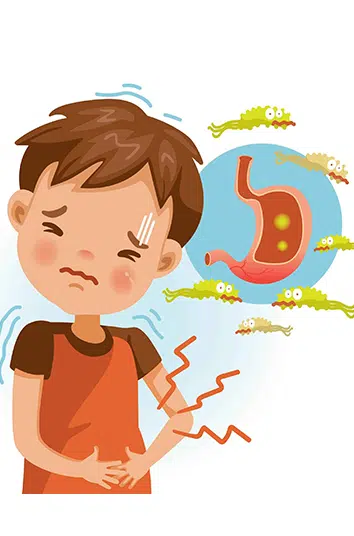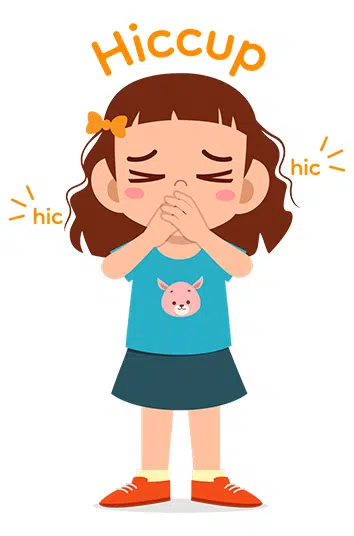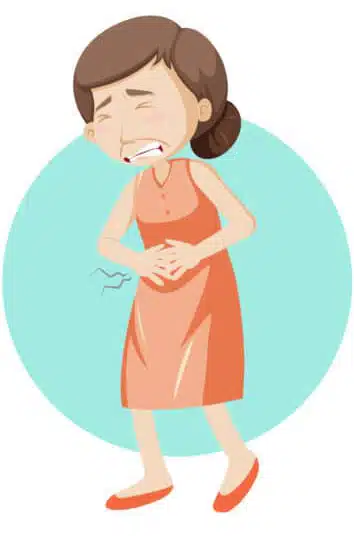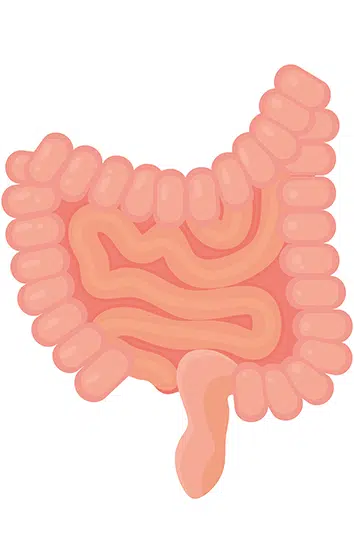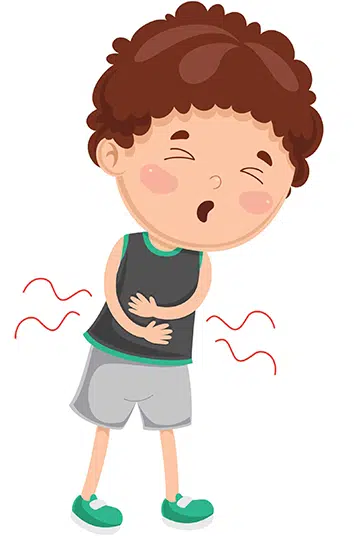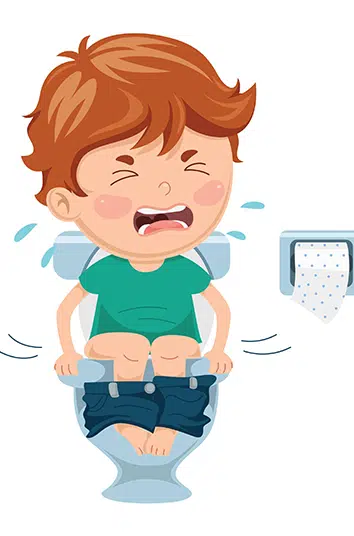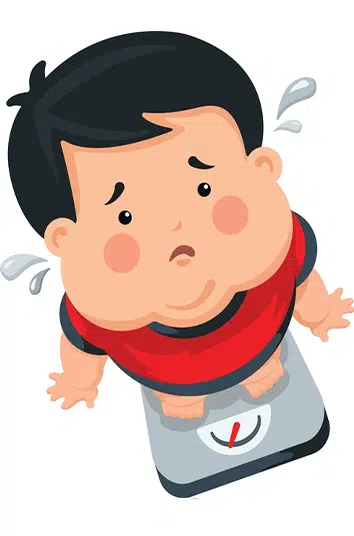Diarrhea
Children’s Digestive Wellness: Nurturing Healthy Tummies
Gastroenterology Specialists for Children in Gainesville, GA
Diarrhea is a widespread issue, and its definition can vary among individuals. According to the World Health Organization, diarrhea is characterized as a bowel movement that, when placed in a container, would conform to the shape of that container.
The occurrence of diarrhea can range from frequent to intermittent. It’s crucial to understand the typical frequency and characteristics of your child’s stool before determining if diarrhea is a concern. The duration of the problem often determines the classification of diarrhea:
- Acute diarrhea lasts for less than 14 days.
- Persistent diarrhea persists for 7 days to 2 months.
- Chronic diarrhea extends beyond 1 month.
Factors Behind Diarrhea in Children
Diarrhea in children can stem from various factors.
Acute diarrhea, also known as acute gastroenteritis, is frequently triggered by infections. Gastroenteritis-related infections often commence with symptoms like vomiting and fever, progressing to diarrhea. While acute diarrhea typically lasts a few days, it can persist for up to 14 days. Most infections are viral and typically resolve without the need for antibiotics.
Persistent diarrhea may be linked to specific infections, such as clostridium difficile (C. diff) and parasites, microscopic organisms prevalent in various regions, including Georgia. A stool test ordered by your pediatrician can identify these infections before considering a referral to a specialist.
Chronic diarrhea may signal underlying issues beyond infections, such as lactose intolerance, food allergies, celiac disease, irritable bowel syndrome, and inflammatory bowel diseases like Crohn’s disease or ulcerative colitis.
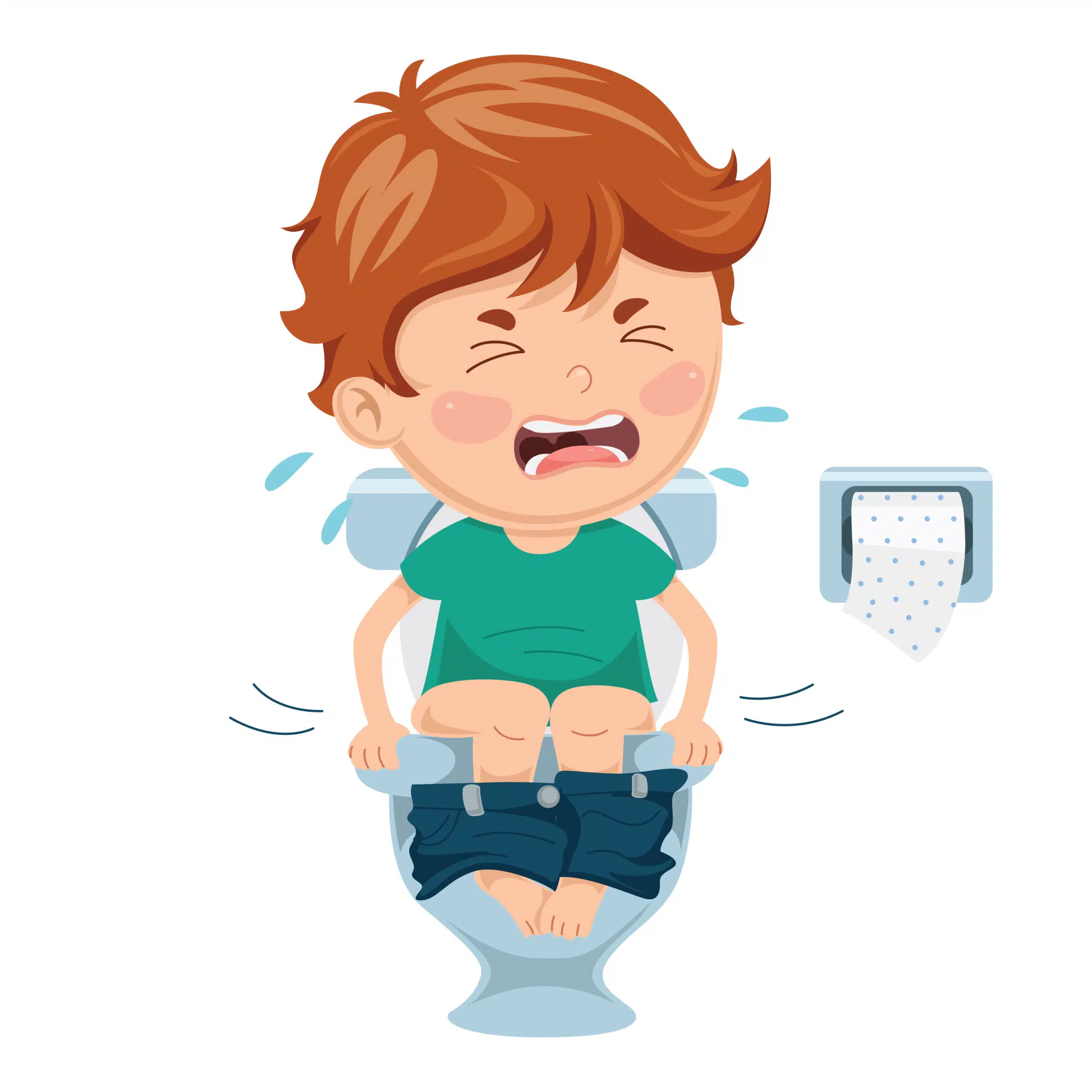
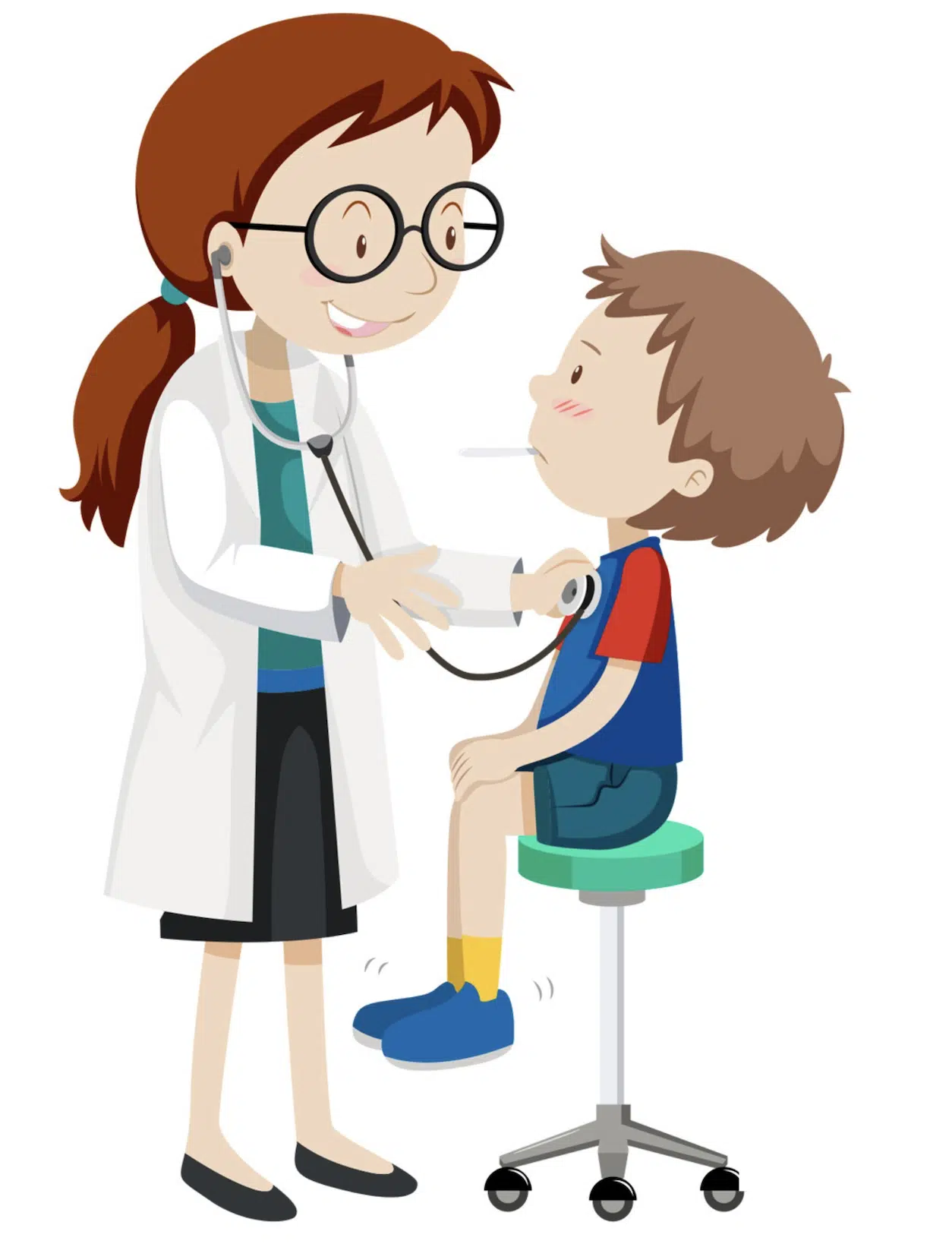
When to Consult with Your Physician
If you observe warning signs such as:
Blood in the stool (indicative of potential bacterial infection or colitis)
Persistent vomiting, especially if accompanied by blood or bile
- Weight loss
- High fever
- Severe abdominal pain
- Dehydration
It’s crucial to contact your pediatrician promptly. If diarrhea is leading to signs of dehydration—such as dry lips or mouth, excessive thirst, or reduced urination—it is important to rehydrate your child, and you can seek guidance on this from your pediatrician.
Gastro Health for Kids boasts a team of over a dozen pediatric gastroenterologists specializing in the assessment and treatment of diarrhea. These experts are well-versed in evaluating and addressing diseases or disorders that can lead to persistent or chronic diarrhea. While cases of acute diarrhea are typically managed by pediatricians, Gastro Health for Kids is available for assistance when needed.
During your visit to Gastro Health for Kids, your child’s history will be carefully reviewed, a physical examination will be conducted, and a determination will be made regarding the need for further testing or treatment. Diagnostic tests may encompass stool studies (bringing a fresh sample to the appointment can be helpful) and blood tests. In some cases, procedures such as upper endoscopy or colonoscopy may be recommended.
Further Details on Diarrhea in Children
For additional resources on diarrhea in children, you can explore the following:
Acute Diarrhea: Cincinnati Children’s Hospital Medical Center website
Diarrhea: International Foundation for Gastrointestinal Disorders website
Diarrheal Disease: World Health Organization website
For valuable insights into feeding children well, irrespective of medical challenges or allergies, visit Nutrition4kids.com. Subscribe to receive personalized updates for you and your child.
